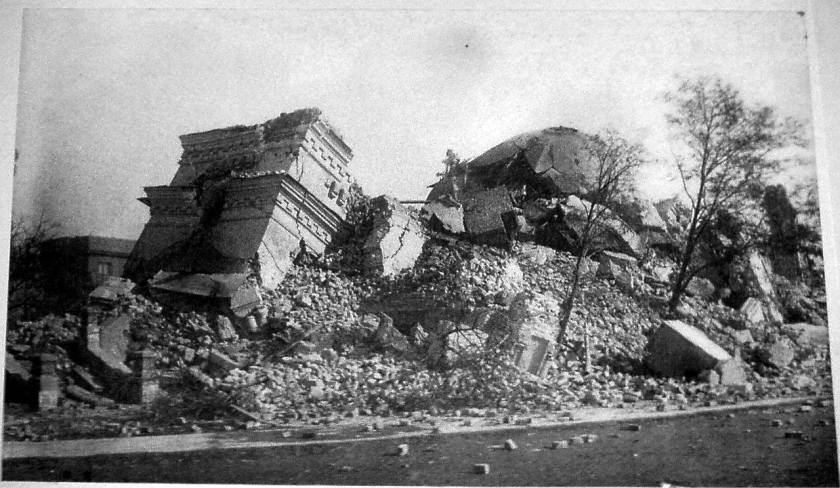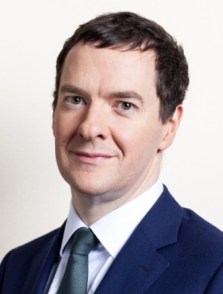By striking a deal with Communist China, Pope Francis betrayed the country’s Catholics, those belonging to the real, underground, Church.

We ought to be able to expect better from the Pope, if not from China. As far as the latter is concerned, this ought to remind those who still need such reminders that communism can have no human face.
It may wish to camouflage its red tooth and claw for tactical purposes, but underneath the mask it remains diabolic.
The reason China has so many fans in the West is that her economy allows a great deal of free enterprise. In fact, it’s more corporatist than free, but let’s not quibble about such nuances.
The West has succumbed to the Marxist folly of what I call totalitarian economism, which sets the terms of debate even in countries that don’t practise totalitarian politics.
We are conditioned to judge every country by its economy, on the basis of public or private “ownership of the means of production”. That criterion was already false at the time of its creation. Sticking to it now, in the face of overwhelming evidence, is downright inane.
Many people neglect far more defining aspects, those that have no monetary equivalent: civil liberties and the rule of just law. That makes them forget that the evil of socialism, either national or international, can happily co-exist with elements of market economy.
Thus in 1920 Lenin introduced his New Economic Policy, allowing some free enterprise. That didn’t prevent him from continuing to commit crimes that were to be only marginally outdone by other communists and Nazis. The latter didn’t nationalise the whole economy either, preferring instead to control it from a distance.
Even under Stalin, the Soviet public sector amounted to only about 85 per cent of the economy, something that some Western countries are approaching, and Britain would probably exceed should the calamity of Corbyn befall it.
Criteria based on the old-fashioned dichotomy of good and evil are more secure, and China is the latter, even if it’s less carnivorous than it was under Mao. For all those mass-produced trinkets with which China inundates the world, it remains staunchly communist.
Realising this, one can begin to understand the country, for, mutatis mutandis, all communist regimes follow a similar trajectory in their development, specifically in relation to religion.
Marx described religion as “opium for the people”, but for communist dictatorships, it’s a much deadlier poison. People worshipping God who is love can’t be easily indoctrinated to hate whole classes and races, which is the essence of Marxism.
It was Benito Mussolini who encapsulated the essence of communism or any other totalitarianism: “Everything within the state, nothing outside the state, nothing against the state”. Not much room there for any religion, especially one whose founder said: “My kingdom is not of this world”.
That’s why, strategically, all totalitarian regimes this side of Islamic theocracies hate religion in general, and Christianity in particular. That never changes. The tactics, however, do.
They fall into two main categories: violent suppression and subjugation, typically in that order. Hence Lenin proclaimed militant atheism as a necessary qualification, in effect a precondition for survival, of any Soviet citizen.
‘Militant’ wasn’t a figure of speech. Somewhere between 12 and 20 million Christians were martyred for their faith by the Soviets, some 40,000 of them priests (many of them not just shot, but crucified, burned, disembowelled or flayed alive).
Churches were looted and destroyed, or else desecrated. For example, the Petersburg Cathedral on the Blood, erected on the spot where Alexander II was blown up by a terrorist bomb, became a potato silo.
At some point, however, the Soviets began to realise that violence could be profitably supplemented by some taming. The penny finally dropped during the war, when Stalin effectively bifurcated the Russian church.
The real, underground, church was persecuted as relentlessly as before. But operating in parallel was the pliant and compliant official church with its paraphernalia preserved, but its soul ripped out.
In short order, that church became an extension of the secret police, with its hierarchs acting as conduits of worldwide KGB disinformation and espionage. That’s how it remains. During the latest patriarchal elections in 2009, all three candidates, including the eventual winner, were career KGB agents.
The unofficial church isn’t being persecuted as a matter of government policy, but it’s marginalised. Those of its priests who attract a large following are sometimes “whacked”. Thus Fr Alexander Men, who had baptised much of Moscow intelligentsia, was hacked to death in 1990.
The Chinese show every evidence that they’ve learned a lesson from their Bolshevik role models. They too have effectively created two Catholic churches, one of them, the Catholic Patriotic Association (CPA), house-trained, the other underground.
The objective is exactly the same as it was in Russia: to create a poodle walking on its hind legs to serve the communists, while marginalising – and eventually eradicating – the church that serves God.
This is the outrage that Pope Francis has blessed by legitimising CPA and its role as a pseudo-religious extension of totalitarianism. That means that the Chinese dictators can quietly proceed to wipe out the Underground Church, together with its clergy and parishioners.
The Pope has acquiesced to the communist government’s prerogative to nominate bishops the same way they are nominated in Russia, with loyalty to the regime compulsory and Christian faith optional.
As part of this sell-out, no one under age 18 will be allowed to receive Christian instruction, anyone participating in unauthorised Christian worship will incur exorbitant fines, buildings where such activities take place will be expropriated, all clergy will have to register with the state and commit to its policies.
The Pope has chosen to sup with the devil without the benefit of a long spoon. The consequences of that repast were immediate and predictable.
According to Asia News, they include “churches closed or destroyed; crosses torn down from bell towers or ripped from the walls of the churches; domes razed to the ground; ancient statues of shrines seized; religious signs removed from inside and outside homes; priests driven out of their ministry…”
I don’t know how Pope Francis justifies this betrayal of Catholicism in China. I suspect the reasons he’d put forth would be similar to those proffered by Patriarch Kirill, aka KGB ‘Agent Mikhailov’.
The choice, he’d probably say, was between compromise and extermination. In other words, between prostitution and martyrdom.
However, His Holiness could do worse than to remember that the Church has shown its strength to survive the latter, but not the former. If “the blood of martyrs” was “the seed of the Church” to Tertullian, prostitution of the Church has always spelled its undoing.
His Holiness could do worse than juxtapose Jesus’s rebuke to Satan bearing deals (Matt 4: 1-11) with Thomas à Kempis’s Imitatio Christi. He’d then know he was wrong – not that it’s likely to have any effect.
P.S. In his otherwise entertaining parliamentary sketch, Quentin Letts twice attributed the story of Gulliver and the Lilliputians to Daniel Defoe. Neither he nor his Times editors are too swift.








